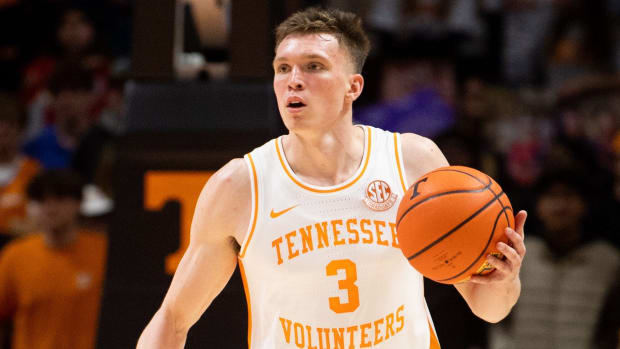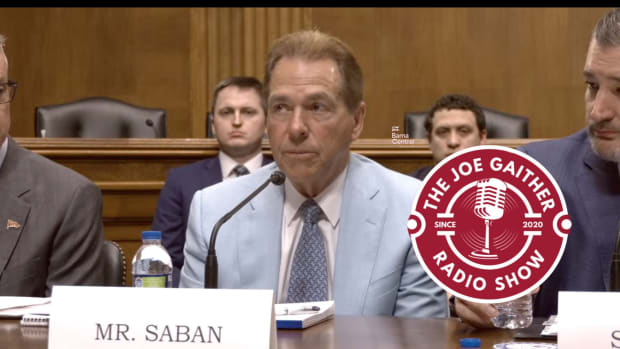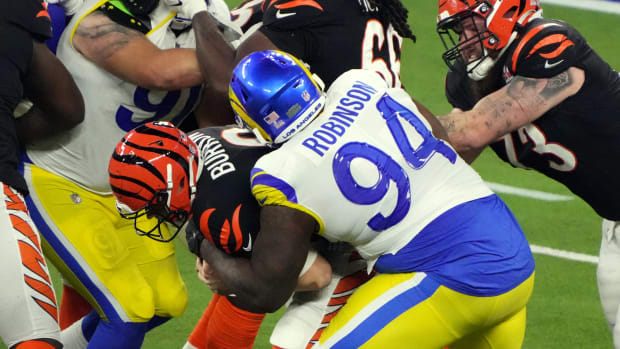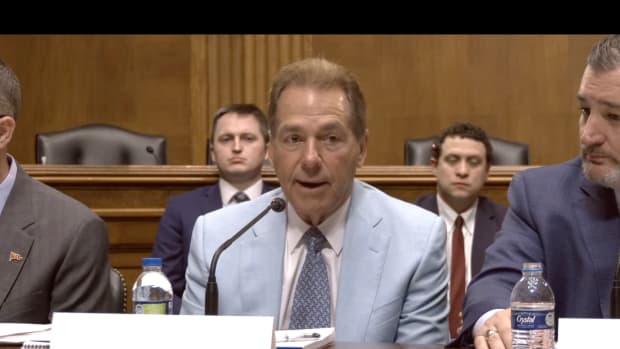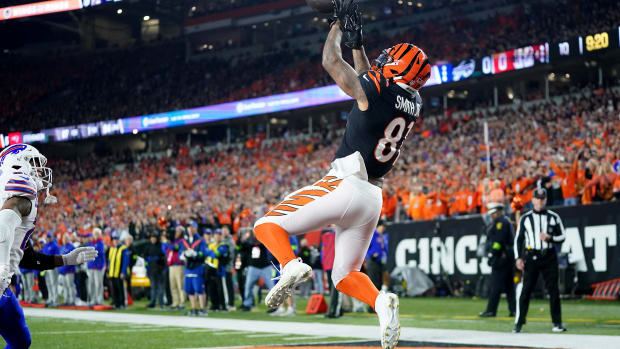With the Ivy League Not Playing Another Major Obstacle has Arrived, Scheduling
With the Ivy League postponing all fall sports, and "will not entertain any sports being played until after January 1," another huge hurdle has developed for college programs across the country, scheduling.
For example, Alabama basketball was set to visit Yale in the fall, presumably before the Crimson Tide opened SEC play in January. The game was due to gain extra attention after Alabama lost to an Ivy League school last year, the Bulldogs won the league title and 6-foot-9 transfer Jordan Bruner had transferred to Alabama.
Now there's no way of knowing if the game can be played under any circumstance, and the Ivy League set no date for resuming the conference's athletic events.
What does Alabama do?
What can it do?
Because the Ivy League plays at the FCS level there's almost no impact on FBS programs (Princeton at Army on Oct. 10 is an exception), but there's growing momentum among smaller schools not play this fall.
Division III's Centennial Conference announced it will suspend all sporting events in the fall and may explore moving fall sports, including football, to the spring. Smaller college football programs, including Division II's Morehouse and a handful of Division III schools, have canceled their seasons.
It's partly why there's been so much talk about teams playing a different number of games this season, and Alabama was reportedly talking to TCU about possibly playing each other as a contingency should their California-based opponents not be able to play their season openers (Alabama vs. USC in Arlington, TCU at Cal on Sept. 5).
The other part of that obviously is the possibility of teams having to shut down for a week or two due to coronavirus outbreaks. On Wednesday, both Ohio State and North Carolina suspended all voluntary workouts on campus after its latest CoVID-19 test results came back
Pat Forde notes that both and Stanford cutting 11 sports are all ominous signs, but basketball has an idea for trying to minimize the damage. NCAA senior vice president of basketball Dan Gavitt told Sports Illustrated that he has proposed moving season-opening games from Nov. 10 to Oct. 27, with perhaps a corresponding acceleration of practice from the currently scheduled start date of Sept. 29.
The goal is for schools to play something closer to a full slate of regular-season games amid what could be an uncertain collegiate school year both academically and athletically, as campuses search for ways to deal with COVID-19 fallout. It would also allow some flexibility to make up for the expected school closings between Thanksgiving and January.
“At this point it’s just a concept,” Gavitt said. “But we have presented it to the conference commissioners and the oversight committees. The ball is in their court. It has some utility, adds some flexibility and options with the (academic) calendar changing, which could affect the break period.”
College football optimism wanes
Should college football return?
In 15 days, optimism for an on-time college football kickoff has turned to doubt among powerbrokers.
Sports Illustrated's Ross Dellenger and Pat Forde set out to examine the state of the game and check the pulse on the most significant decision in the sport's modern history. What they found was increasing pessimism.
“I hope we're not selling our souls to the devil."
Some college athletic directors wonder why decision-makers haven’t yet delayed the season.
One high-ranking college football team doctor says he believes a season shouldn’t be played and won’t be played.
Once dismissed, contingency plans are coming back into the fold: (1) delay season, (2) abbreviated season, (3) spring season.
What would be the death knell? Overwhelmed hospitals and scarce testing, as numbers increase.
“It’s all going to come to a crashing halt," predicted one.
Boxing: Who was that Masked Man?
His name is Robert Hoyle, and he's trying to send everyone a message.
Nevada mandates that everyone wear a mask in public — but the boxing ring is considered an exception.
Hoyle never considered all the fluids and particles synonymous with his job as a boxing referee — all the blood and spit and snot and sweat and germs. Then came COVID-19, so he pulled on a mask. In the U.S., he's alone in doing so.
Mask? A silly question. At least that's how he feels about it. Greg Bishop has the compelling story.
Did you notice?
• NFL players want an opt-out clause due to health concerns over the coronavirus in their agreement with the league. The owners are refusing.
• Dan Snyder started a foundation to help Native Americans, but is it really doing anything.
• Ten years after The Decision, how should the Heat’s Big Three be remembered?
• The hardest and easiest 2020 MLB schedules.
The lighter side
• It's the End of an Era at ESPN Radio As Mike Golic Is Off Mornings for First Time in 20 Years
• Who's the No. 1 pick in fantasy football this season?
• There are so, so many ads on MLS broadcasts now.
For more SI Hot Clicks

